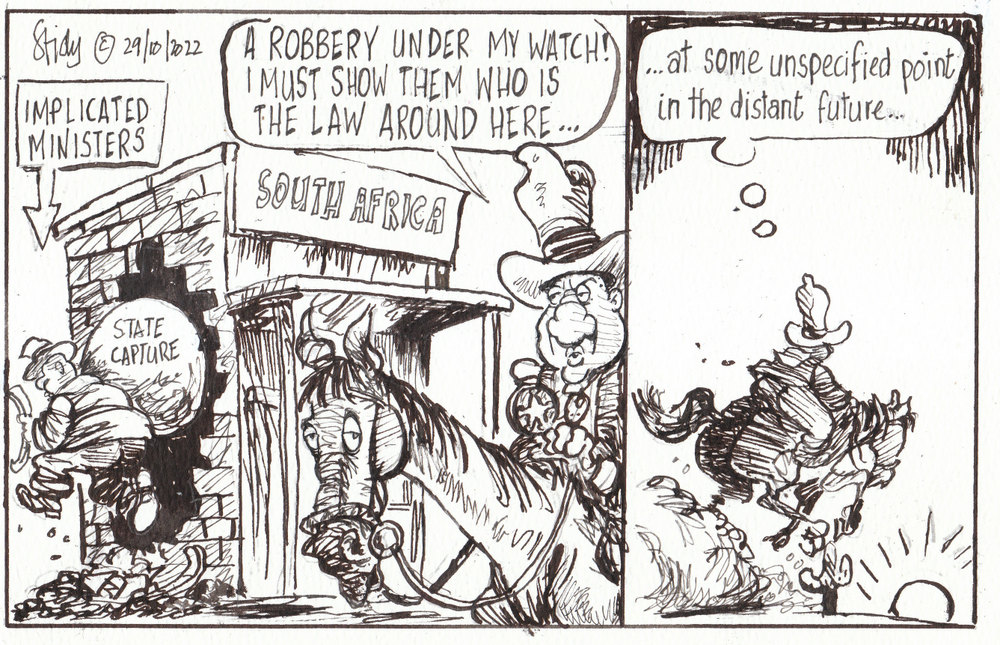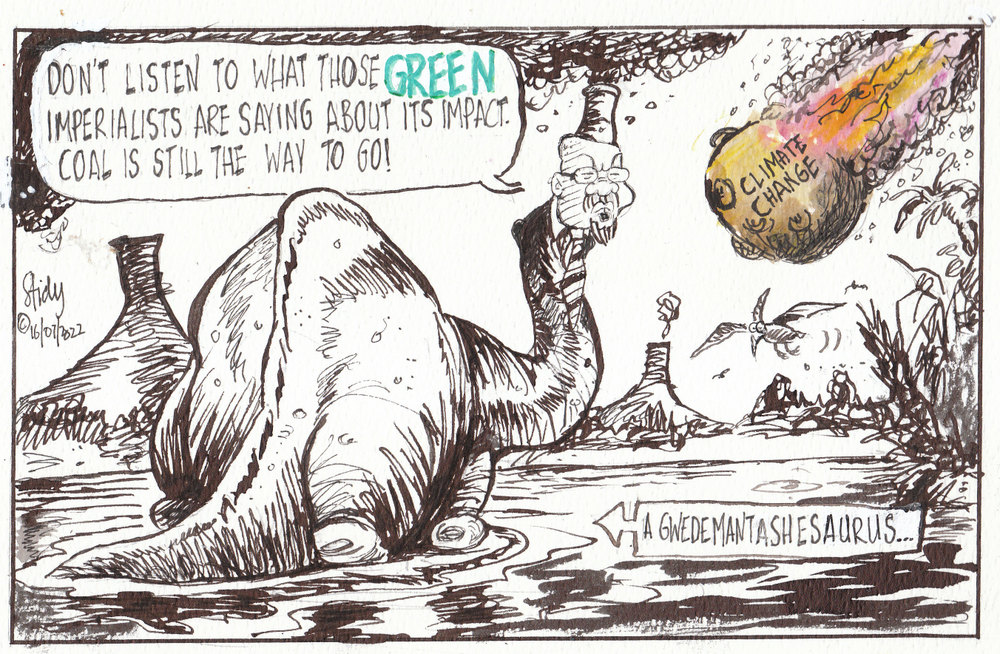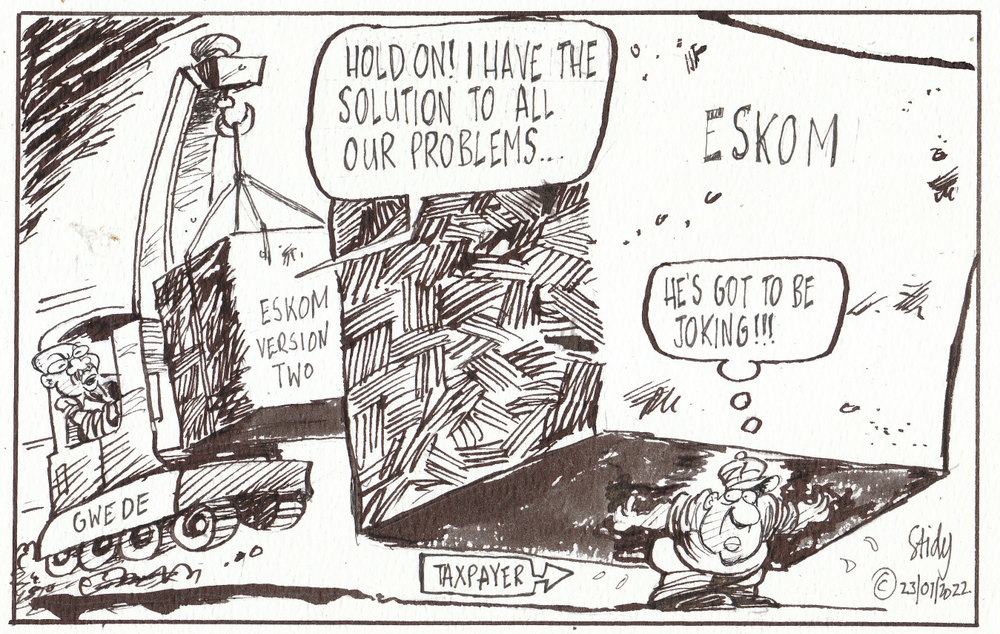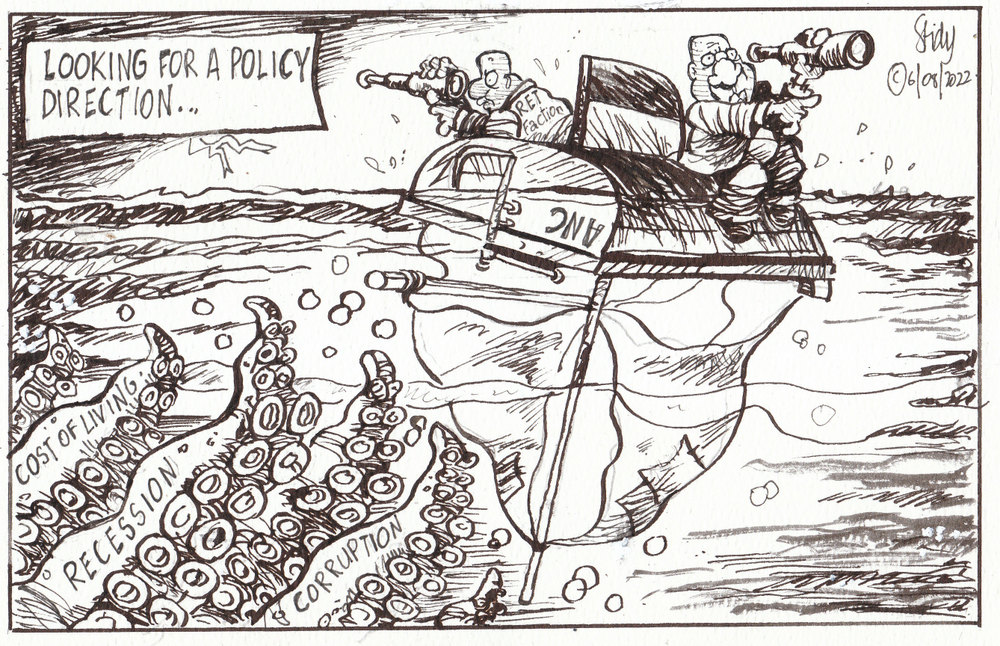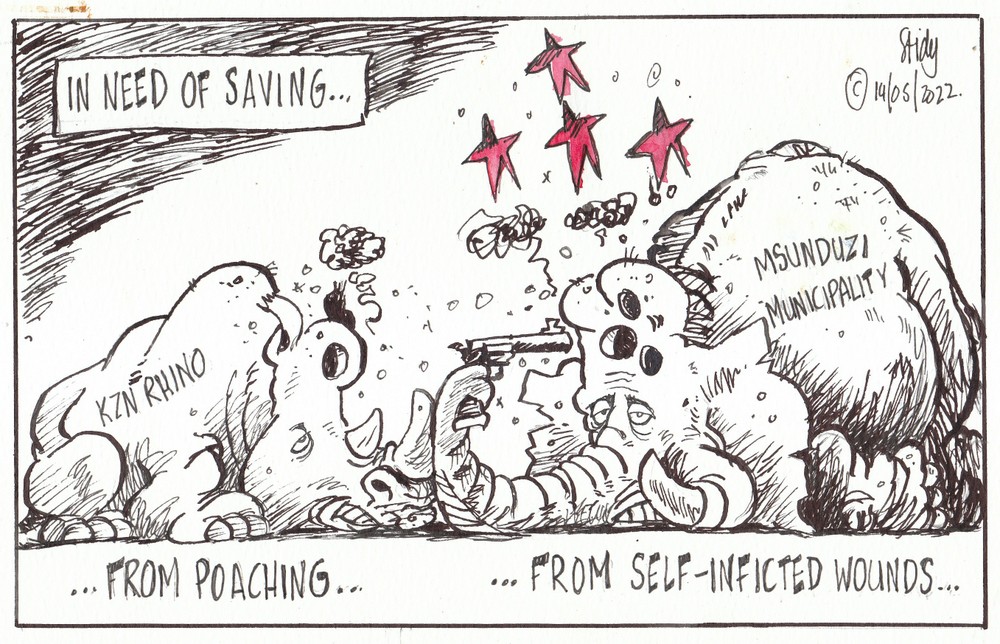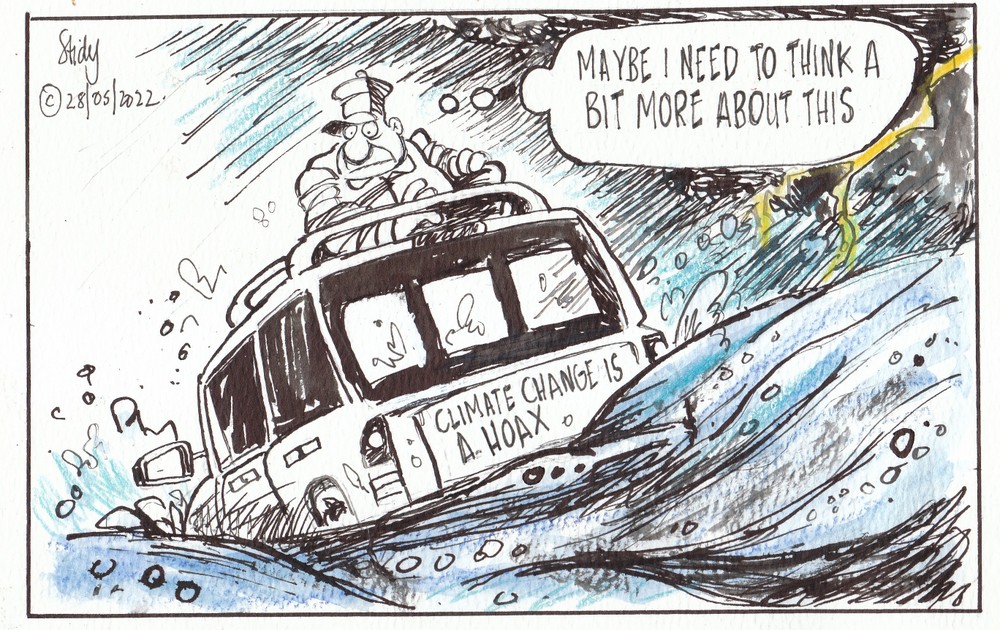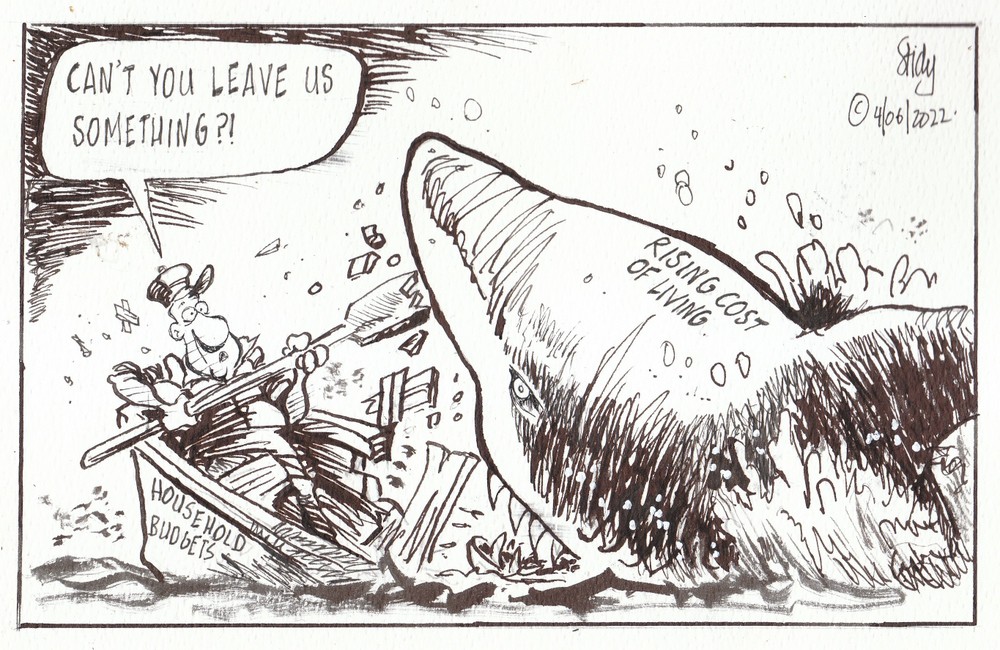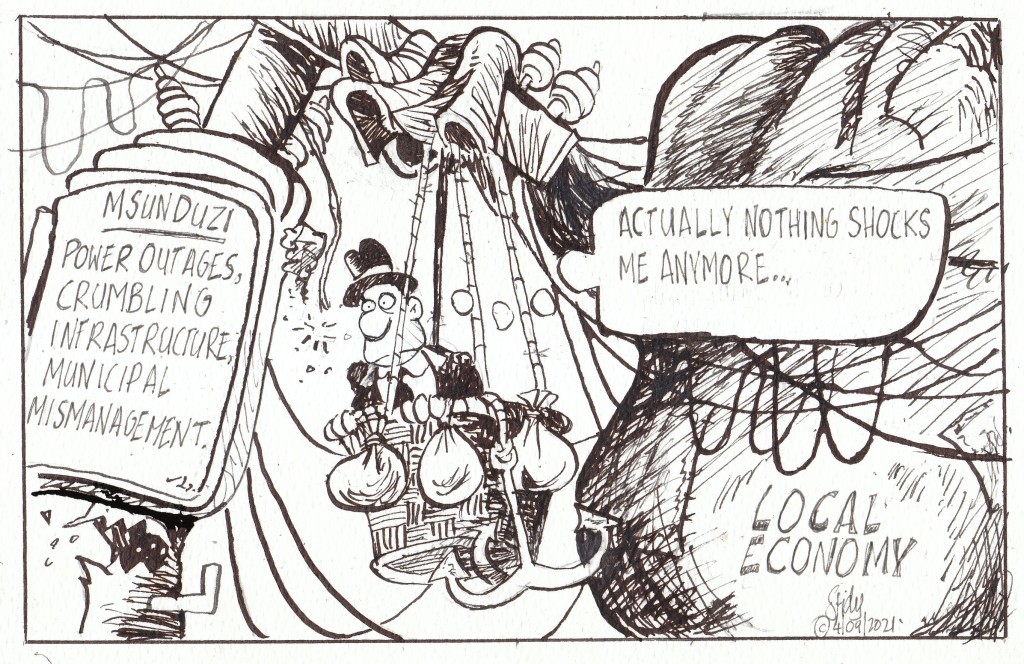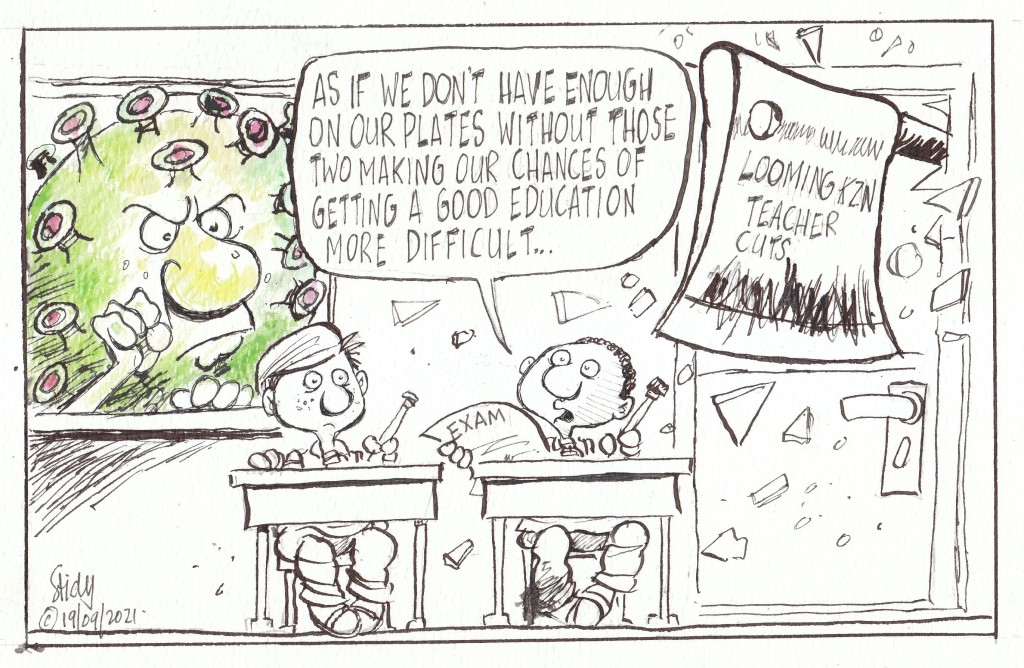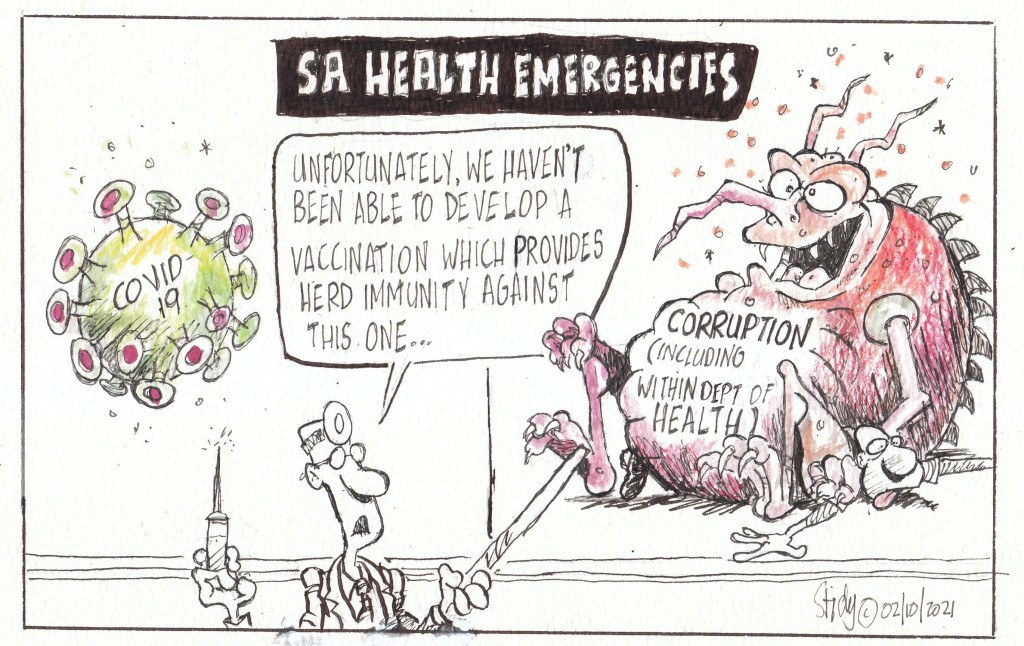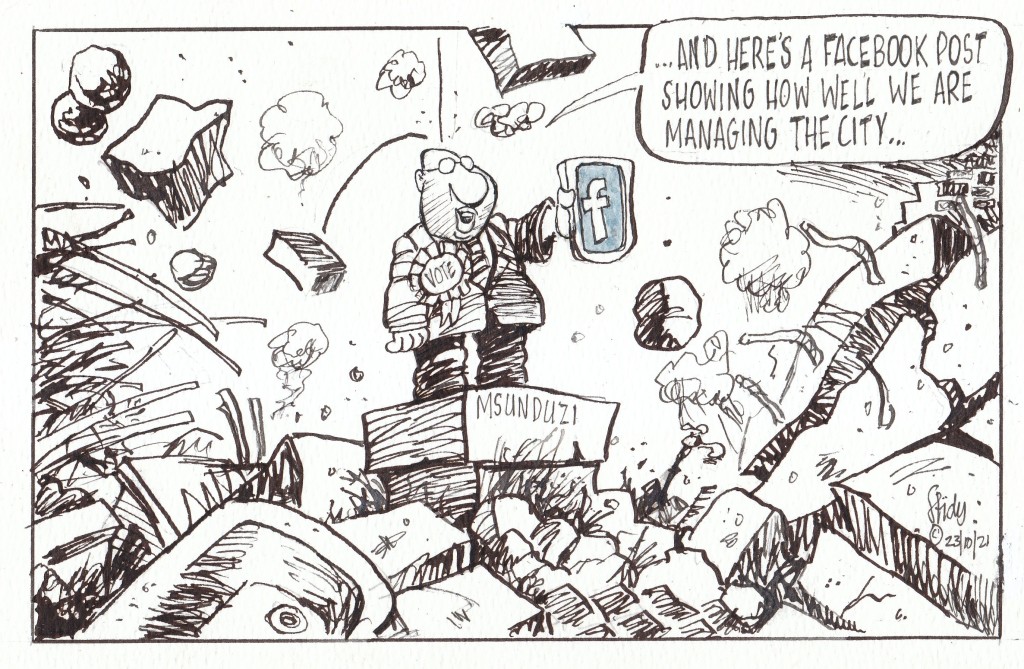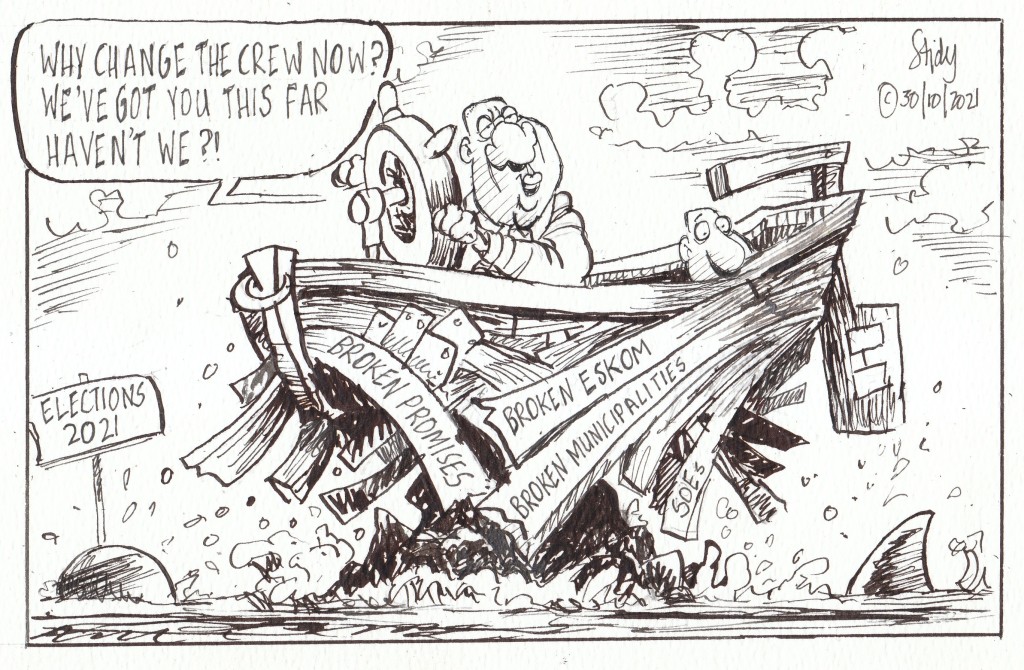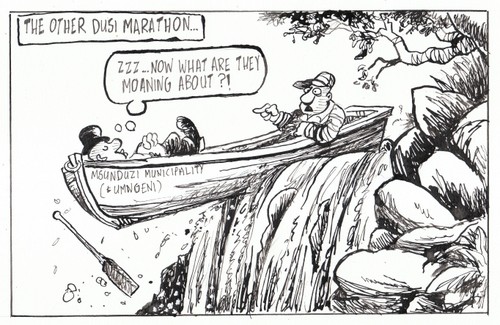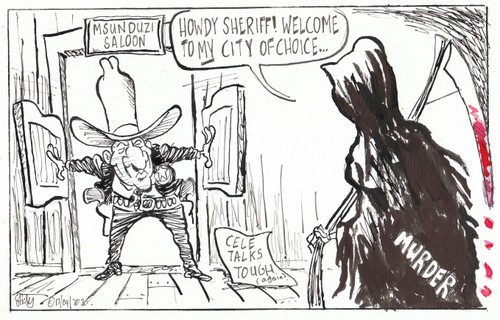In scenes reminiscent of former president Jacob Zuma in the dying days of his presidency, President Cyril Ramaphosa again refused to answer questions in Parliament about the robbery at his Phala Phala farm citing “due process” as a number of law enforcement agencies were investigating the matter. Opposition members remained equally determined to not let him off the hook.
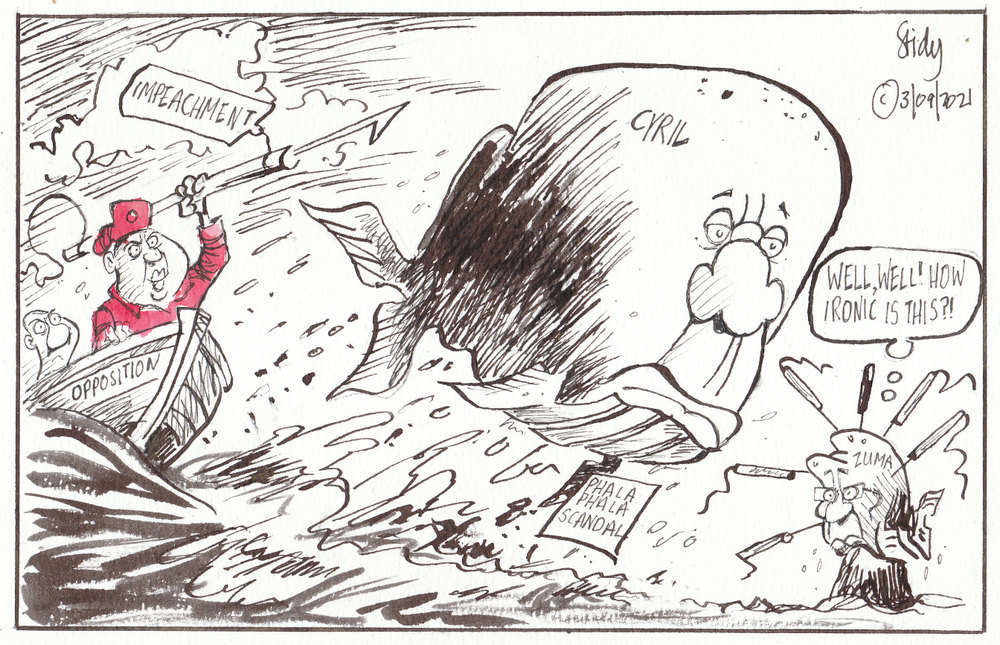
Former president Jacob Zuma summoned state attorney Billy Downer SC, who is the lead prosecutor in his fraud case, and News 24 journalist Karyn Maughan to court for allegedly disclosing his medical records. The case was expected to affect and cause more delays in Zuma’s corruption matter.
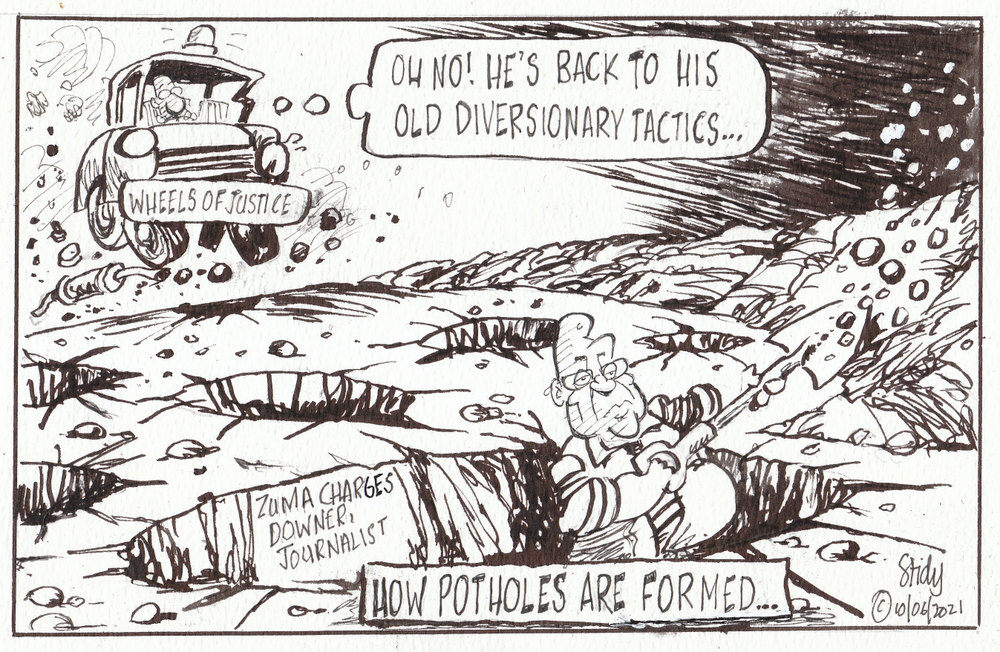
Six months into its financial year struggling power entity Eskom had spent R7.7 billion on diesel for emergency generators – far in excess of the budgeted amounts. The news came as the state-owned enterprise implemented yet more power cuts across the country.
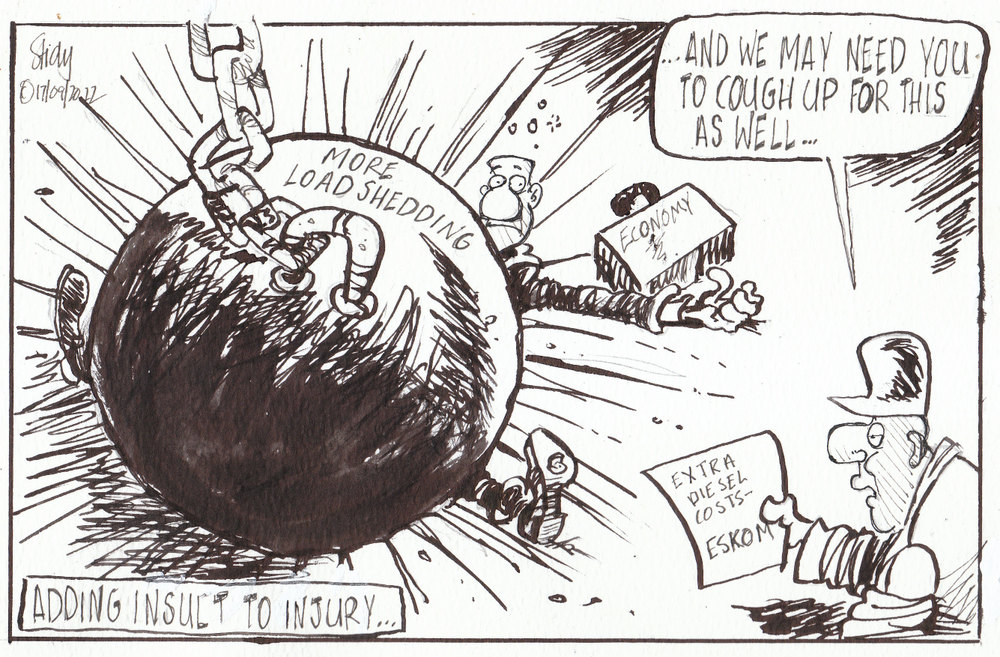
Worsening power cuts forced President Cyril Ramaphosa to cut short his overseas visit to deal with the ongoing problems. Back home, he once again listed a number of solutions to fix Eskom and improve its fleet of power stations.
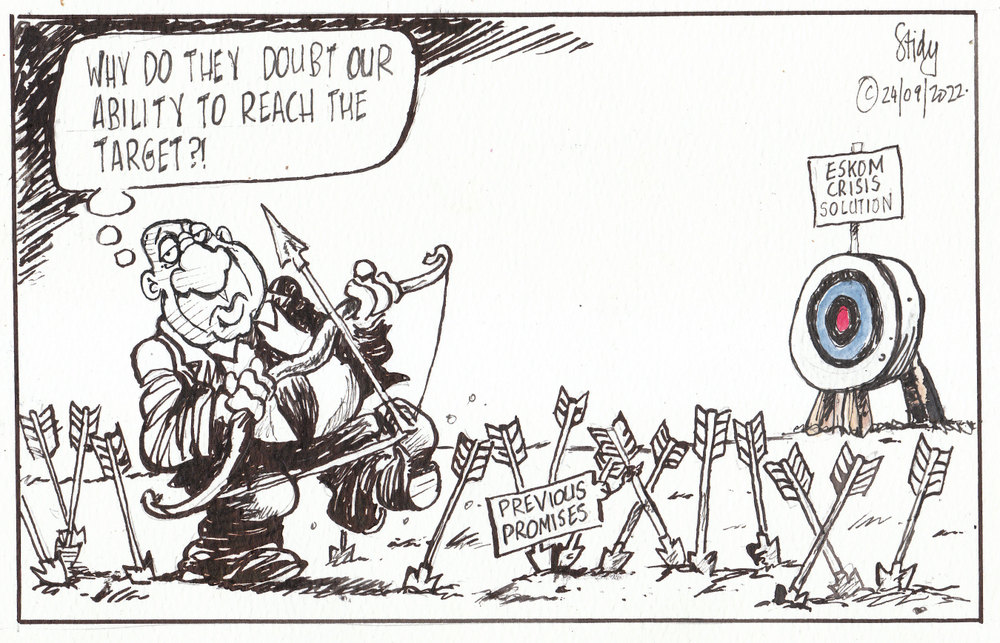
Former president Jacob Zuma’s home province decided not to support his bid to be elected the next ANC national chairman. The KZN provincial executive committee said it had resolved to throw its weight behind Limpopo Premier, Stanley Mathabatha, for the position.
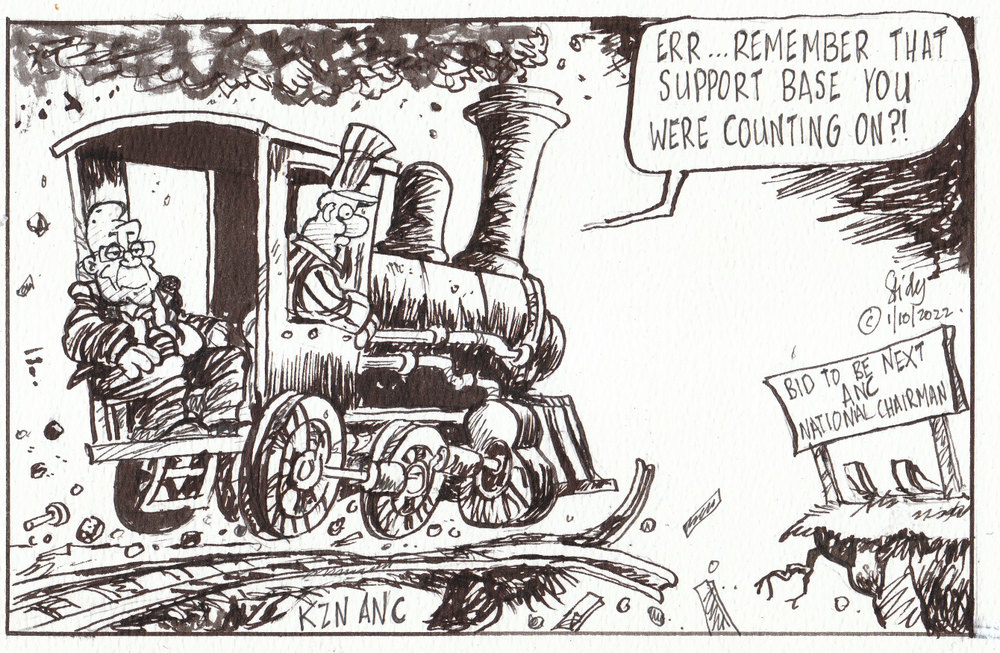
It was a case of another day, another crash as a runaway truck lost control on the N3 at Townhill and crashed into a barrier blocking the main Jo’burg to Durban artery for hours. The problems on this dangerous section of the highway have been exacerbated by the ongoing roadworks near the Peter Brown off-ramp which had caused huge snarl-ups.
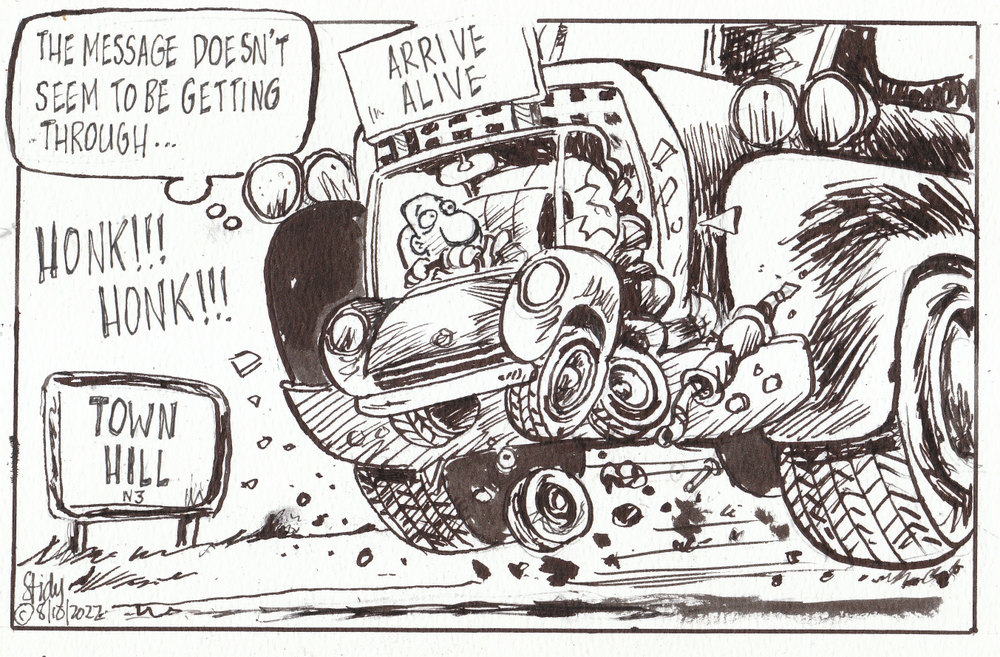
As the country endured yet another extended wave of load-shedding, President Cyril Ramaphosa signed an amendment to the ministerial handbook which would have seen taxpayers forking out for ministers’ water and electricity – as well as other benefits. After a vociferous public backlash, the new perks were later scrapped.
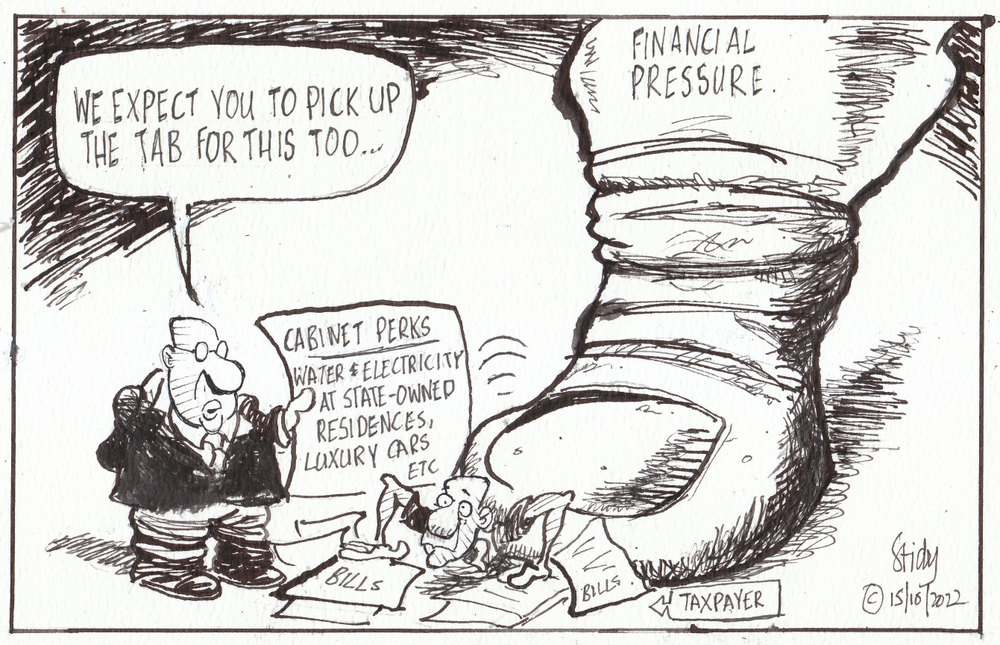
The term load-shedding was announced as the 2022 South African Word of the Year by the Pan South African Language Board (PanSALB). The announcement came as Eskom painted another grim picture of the load-shedding schedule for the week…
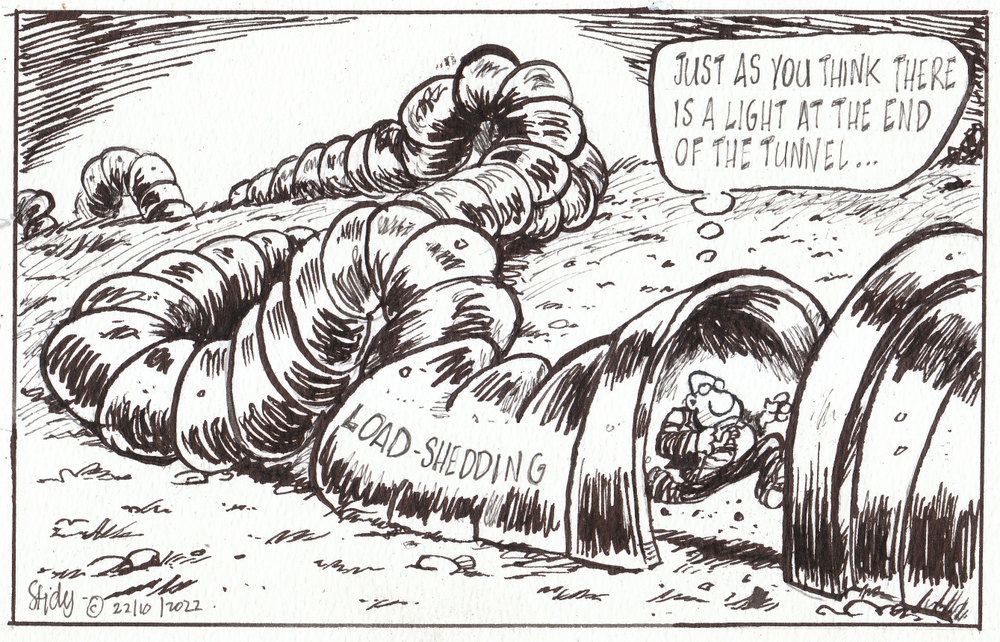
Opposition parties slammed President Cyril Ramaphosa for failing to take decisive action against Cabinet ministers implicated in state capture. Among those listed in the Zondo Commission Report were Mineral and Energy Resources Minister Gwede Mantashe and Deputy State Security Minister Zizi Kodwa.
